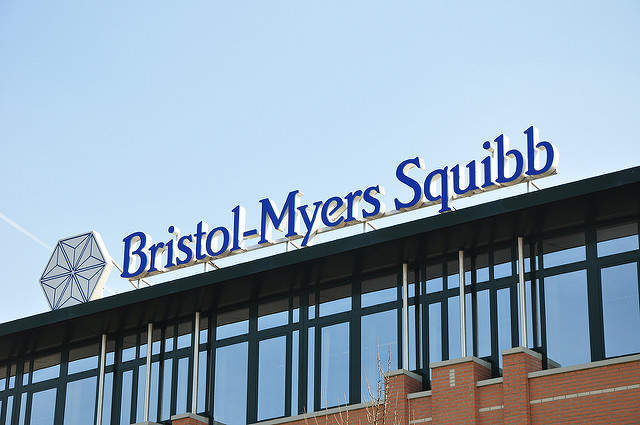
The US Drug and Food Administration (FDA) has approved a combination therapy using Opdivo (nivolumab) and Yervoy (ipilimumab) as a first-line treatment for advanced renal cell carcinoma (RCC). Both drugs are produced by Bristol-Myers Squibb (BMS).
The approval was based on results from the Phase III CheckMate-214 study, which enrolled 1,096 patients to receive either four doses of the combination treatment every three weeks followed by Opdivo monotherapy every two weeks, or Pfizer’s Sutent (sunitinib) every day for four weeks followed by two weeks every cycle.

Discover B2B Marketing That Performs
Combine business intelligence and editorial excellence to reach engaged professionals across 36 leading media platforms.
The combination treatment demonstrated statistically significant improvements in overall survival (OS) and objective response rate (ORR) compared with standard of care, with the combo reporting 41.6% ORR compared with 26.5% for those on Sutent. Median OS was not estimable for the combo, while Sutent had an estimate of 25.9 months.
The combo treatment reduced the risk of death by 37% versus sunitinib, and according to a BMS statement showed “a significant and unprecedented increase in overall survival in this patient population compared to a current standard of care”.
The most common adverse reactions included fatigue, rash, diarrhoea, musculoskeletal pain and nausea. Around 20% of participants experienced these effects.
The combination treatment has already secured US approval for the treatment of melanoma. It is currently under investigation for other types of cancer.

US Tariffs are shifting - will you react or anticipate?
Don’t let policy changes catch you off guard. Stay proactive with real-time data and expert analysis.
By GlobalData“The approval of this combination immunotherapy is the most significant advance for the treatment of kidney cancer over the last ten years,” UT Southwestern associate professor of internal medicine Dr Hans Hammers said.
“Not only is this therapy superior than the current the standard of care, but patients experienced also a better quality of life.
“However, serious side effects can occur which require timely diagnosis and expertise in their management.”
New treatment options for advanced RCC are greatly needed. Around 90% of kidney cancers are RCC, which usually begins as a tumour growing in one kidney.
Current estimates suggest that around 36% of advanced RCC patients survive longer than one year, while only 8% live past five years.
BMS has also reported successful data from its Phase III CheckMate-227 study examining the combination treatment’s efficacy in patients with non-small cell lung cancer (NSCLC). Findings showed the combo caused a 42% reduction in the risk of progression or death compared with chemotherapy in first-line advanced NSCLC cancer patients with a high tumour mutation burden.





